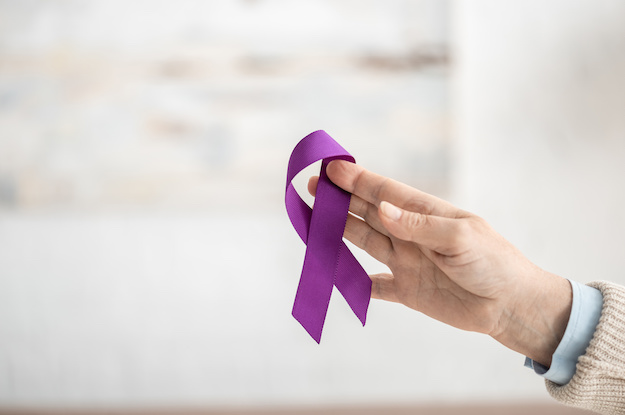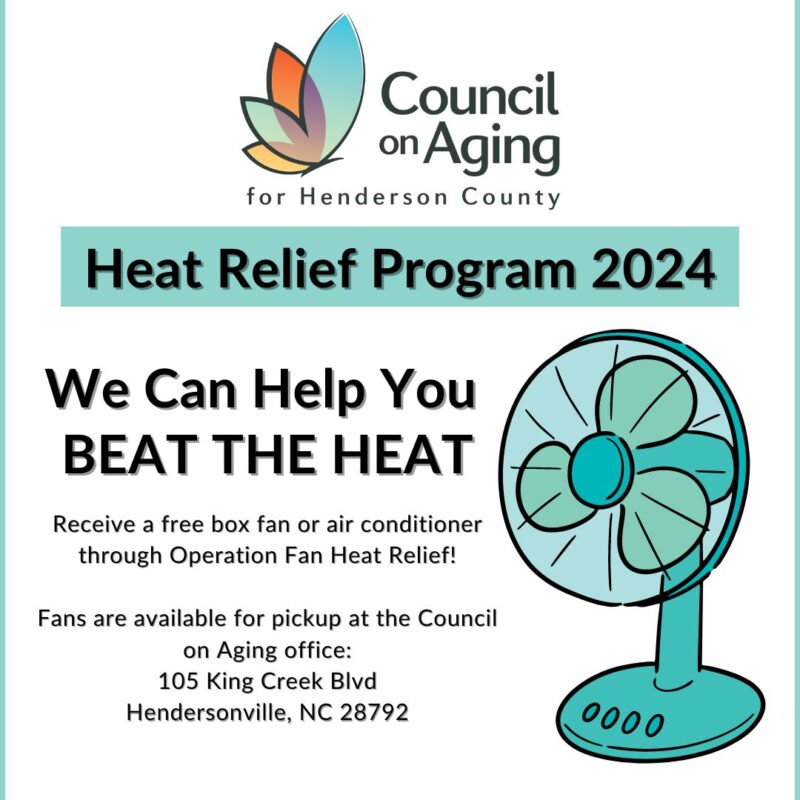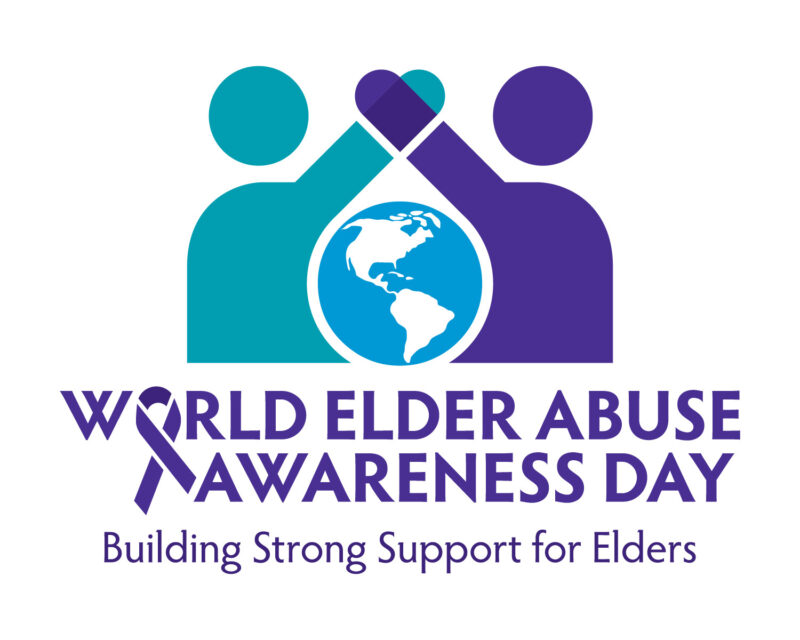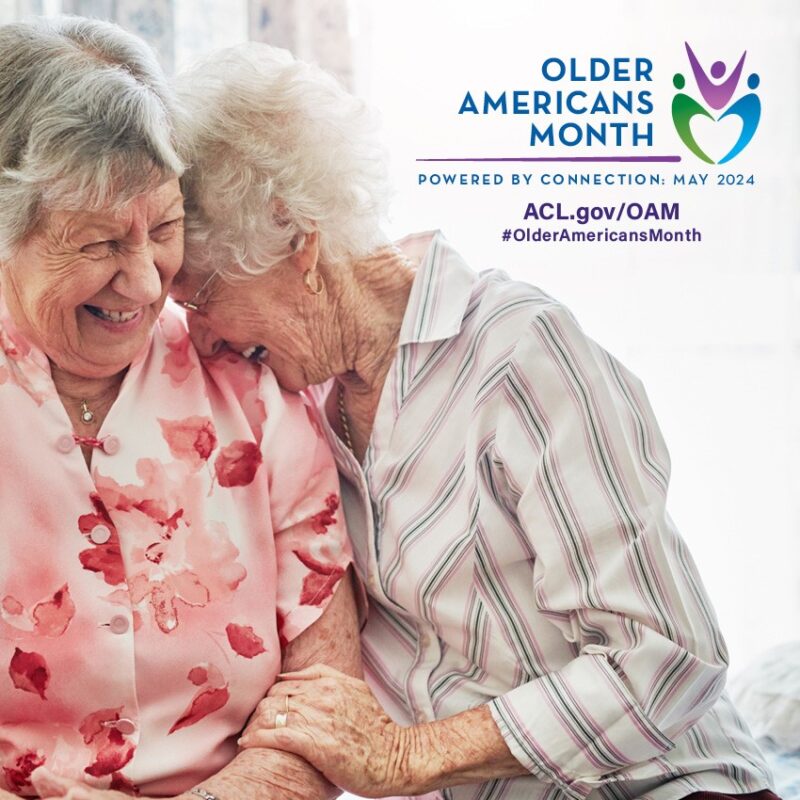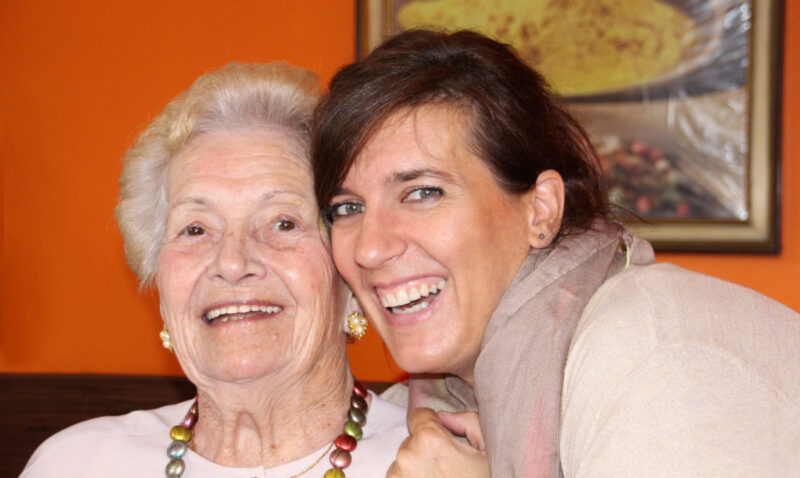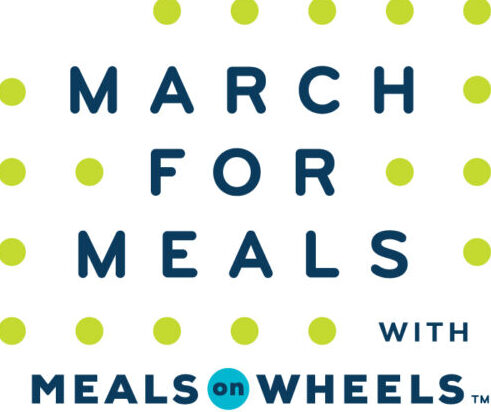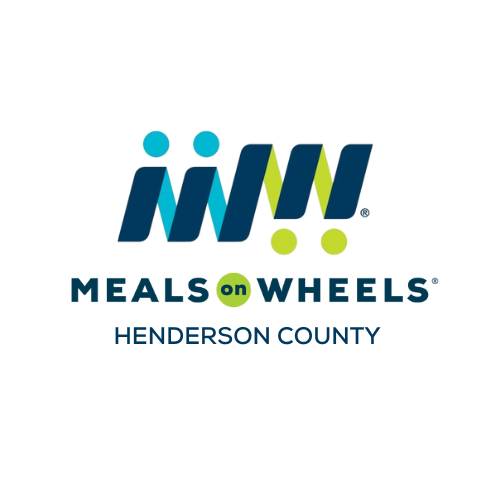Did you know that June is Alzheimer’s and Brain Health Awareness Month?
What is Alzheimer’s Disease?
Alzheimer’s is a devastating, degenerative brain disease that affects the memory, movement, and mood of older adults over the age of 65 in most cases. Alzheimer’s is not a normal part of aging! Some people are more at risk than others, and in very rare cases, known as early-onset Alzheimer’s, younger people in their 40s and 50s may become victims of the disease.
Alzheimer’s is a slow-developing neurodegenerative illness that occurs over a period of years. Sometimes, the disease runs its full course in 4-8 years, and in others, can take place over a period of 15 or even 20 years. This often depends on other risk factors, such as general health, physical activity, and regular socialization with others.
Stages and Symptoms of Alzheimer’s:
There are several stages of Alzheimer’s, and they all have unique symptoms that set them apart from the others. The level of care required to care for your aging loved one will vary depending on which stage of the disease they are in.
- Mild/Early-Stage: During the earliest stages of the disease, most people function normally with the exception of more frequent lapses in memory, such as forgetting words or not remembering where familiar household objects are. Symptoms may not be widely apparent and can mimic normal age-related memory problems. Those closest to the person may notice them being “off” or acting a little differently, and it may not be obvious their loved one is struggling with the beginning of Alzheimer’s.
- Moderate/Middle-Stage: This tends to be the longest stage of the disease and often lasts for many years. As the disease progresses, the person affected will begin to show signs of needing higher levels of care to ensure their health and safety. Symptoms such as irritability, anger, lashing out, paranoia, and forgetting friends and loved ones are more pronounced during this stage. The person may forget some of their personal history and memories, express and experience confusion about where they are, and try to tell staff or loved ones that they are packing up to go home or go on a trip to see a relative or friend that has passed away. They may experience more frequent wandering, changes in sleeping patterns, need help eating, drinking, choosing weather-appropriate clothing, and personal care tasks such as showering, brushing their teeth, and using the bathroom. Although this stage limits a person’s ability to function in many ways, they can still participate in social activities or other activities such as taking a walk and exercising, as long as they have support from a patient, compassionate, and understanding caregiver who can help them do these things.
- Severe/Late Stage: When a person is toward the final stage of Alzheimer’s, their symptoms are severe. They may lose the ability to carry on a conversation and control their movement. As their skills decline, they begin needing around-the-clock care, and hospice, and may completely forget who they are and where they are.
Alzheimer’s begins slowly and after a period of time, eventually impairs the person’s ability to speak, eat, and swallow. It is the most common form of dementia, with up to 60-80% of dementia cases being Alzheimer’s Disease. In its early stages, memory loss is mild and may be confused with another medical condition, a side-effect of medication, or intense stress such as the loss of a life partner or spouse, close friend, or another major life change.
Supporting a Loved One with Alzheimer’s:
Caring for a loved one who has Alzheimer’s or dementia is a challenging task. It is physically, emotionally, and mentally draining; and seeing your loved one succumb to the disease is heart-wrenching.
Although there is no cure for Alzheimer’s at the writing of this article, experimental drugs, and other medications are being released to treat symptoms and improve a person with Alzheimer’s quality of life as much as possible.
Hopefully, within the next few years, medical advancement, pre-screening, and prevention will help enormously. No one is quite sure why some people are more likely to develop Alzheimer’s than others, however, there appears to be a strong genetic component as well as certain lifestyle and health factors that may increase the risk. So how can you help support your loved one when they’ve received an Alzheimer’s diagnosis?
- Be patient, understanding, thick-skinned, and kind. Patience gets you far in supporting a loved one who has Alzheimer’s. It’s important to understand that they can’t help the symptoms they are experiencing. Also, being sure not to take personal offense to anything they may accuse you of, or them not remembering you, are some ways you can support them. Be kind, always treat your loved one with respect, and do the best you can. Be kind to yourself, as well.
- Seek support and help. Respite, in-home, and care-community providers are available if you’re having trouble balancing caring for your loved one and your own life. Support groups are also a good option to connect with others going through similar experiences. Making sure you aren’t alone during this difficult time can help you practice self-care and show up for your loved one more effectively if you have support. Don’t forget to stay hydrated, get enough sleep, rest when you need to, take a break when you need to, and take care of your physical and mental health with exercise, a healthy diet, and therapy if needed. You are not alone!
- Make modifications to your loved one’s home as needed to help ensure their safety. This includes embracing smart technology. This could include setting up Google Home or Alexa with reminders for your loved one if they are in the early stages and need help taking their medication, remembering to eat, drink or brush their teeth and completing personal care tasks.
Adding grab bars and non-slip rugs and mats to showers and bathrooms, pre-making meals your loved one can heat up in the microwave, or other safety modifications as you see fit. This could include locked or timed medication boxes to ensure your loved one doesn’t forget to take their medication and can help prevent overdoses if they forget they took their medicine earlier and try to take more.
- Hire an in-home caregiver. This is especially important if you are too far from your loved one to have eyes on them at all times, or if you need a break from caring for them so you can catch up on your own self-care and needs. In-home caregivers can provide light housekeeping duties, cooking, personal care, paying bills, running errands, and companionship to your loved one. Be prepared to adjust your loved one’s level of care as necessary if you’re noticing a worsening or change in symptoms. This may mean moving your loved one to an assisted care community or having frequent, regular caregivers who can give you a hand to help improve their quality of life.
- Allow them to do what they can. As it is said, “If you don’t use it, you lose it.” Allowing your loved one to help with minor tasks such as folding laundry, measuring ingredients for a recipe, or sweeping the floor can go a long way in helping encourage their independence. Allowing them to choose their own daily outfit is another helpful way you can support them while also ensuring they are dressing appropriately for the weather or activity. TIP: When letting your loved one choose their outfit, what they want to eat, etc., it’s best to only give them 2 or 3 options to help prevent them from becoming overwhelmed and frustrated in making the decision.
- Ensure your loved one makes it to all scheduled doctor’s appointments. The nature of Alzheimer’s is change. Staying up-to-date and attending all scheduled appointments with their doctors and specialists can help document symptoms, notice patterns, and ensure a good quality of life.
Alzheimer’s is a complex, ever-changing, and difficult disease. By staying informed and following some of the tips above, you can help provide the best care your loved one deserves, even when things get tough. To learn more about Alzheimer’s Disease, click here. For additional caregiving resources, see this article.

